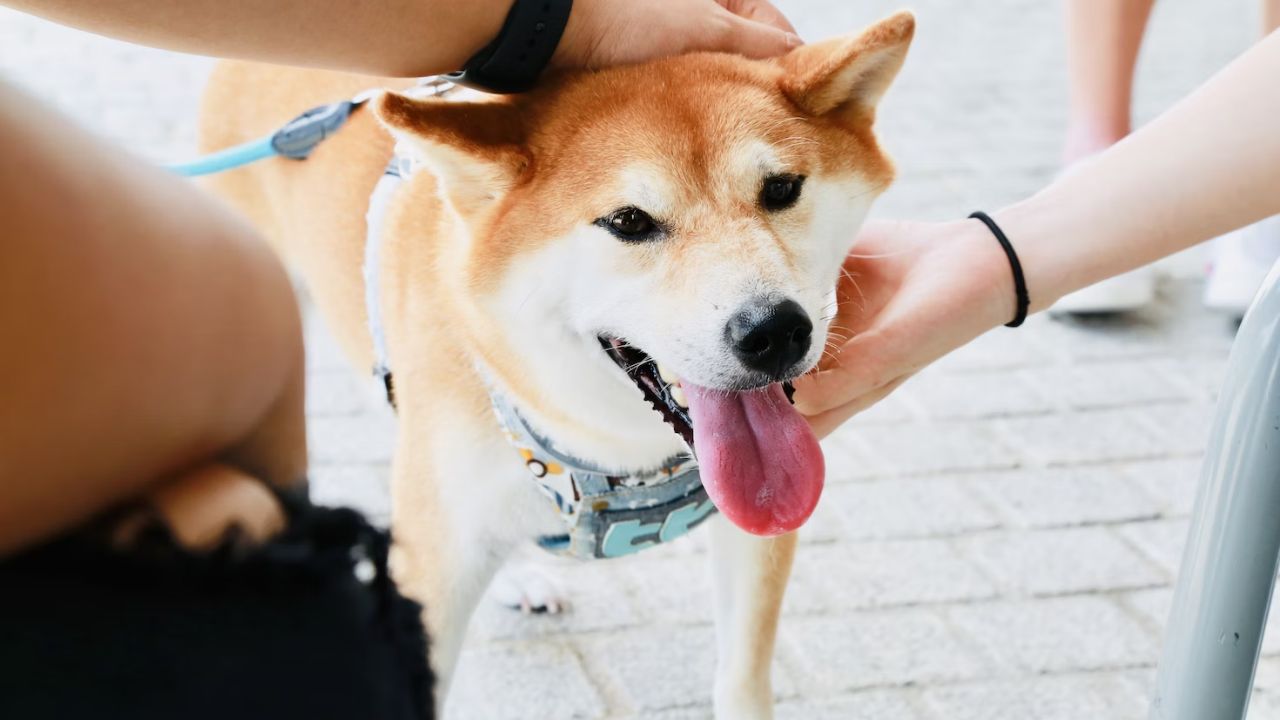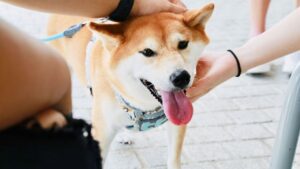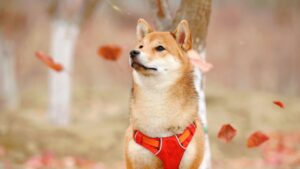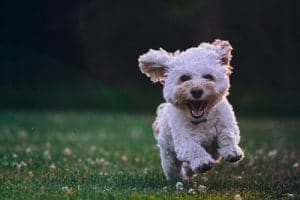With their alert expressions, curled tails, and fluffy double coats, Shiba Inu is one of the world’s most recognisable and endearing dog breeds.
While they originated from Japan, their popularity has rapidly grown in the UK over the last few years. But there are still a lot of misconceptions about the breed out there.
Despite popular belief, Shiba Inu dogs don’t bark a lot. They’re descendants of a hunting dog breed, so their “bark” is a sharp and clear alert. It’s done, Shiba Inu notices a suspicious activity. Unlike other breeds, Shibas don’t excessively bark in a whiney manner.
While it’s not common for them to bark incessantly, they do have a vocal signature that is often amusing and sometimes confusing to us pet parents: the Shiba scream. It’s a distinct characteristic in the Shiba breed that has not yet been understood properly.
But don’t worry, I’ll explain everything you need to know. Let’s first dissect Shiba’s basic barking tendencies.
Do Shiba Inu bark a lot?
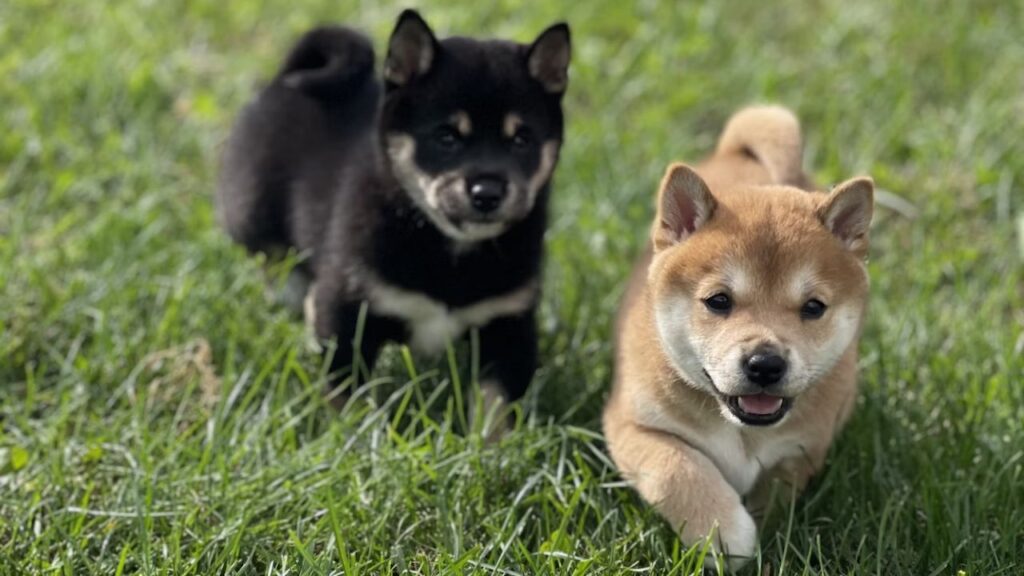
Shiba’s bark or vocalisation is often concise and purposeful, unlike most breeds. And even that “alert bark” is reserved for situations that genuinely pique their interest or trigger their protective instincts.
Sometimes, though, Shiba Inus might bark when they’re playing or if they want to get your attention. But these will be RARE instances since the breed prefers to be your silent companion.
Don’t be afraid if you wonder whether your Shiba will bark too much or cause a stir. Their species is farthest from doing such things. Shibas usually express their needs or displeasure through other means, such as their famous Shiba scream.
If you’re still confused, let me help you compare the barking habits of a Shiba with other popular breeds:
| Breed | Tendency to Bark | Reasons for Barking | Volume | Pitch |
| Shiba Inu | Low | Alert, Play, Attention seeking | Medium | High |
| Beagle | High | Alert, Anxiety, Attention seeking | Loud | High |
| German Shepherd | Medium | Alert, Guarding, Anxiety | Loud | Low |
| Labrador Retriever | Medium | Play, Attention seeking, Alert | Medium | Medium |
| Yorkshire Terrier | High | Attention seeking, Alert | Medium | High |
In contrast to the Shiba Inu, Beagles and Yorkshire Terriers are notorious for their frequent barking. Even German Shepherds and Labrador Retrievers, known to have a slightly more restrained approach, are more vocal than Shiba Inus.
What is the Shiba scream? How does it sound?
The Shiba scream isn’t an ordinary yelp. It’s a sharp, loud, and high-pitched cry that Shiba Inus lets out when experiencing fear, discomfort, or happiness. The intense screams they make can easily startle pet parents who are unfamiliar with this tendency.
Many dog researchers have often compared the Shiba breed with a wolf.
Wolves utilise howls to communicate, be it to gather pack members, warn of potential threats, or even as a collective chorus before a hunt. The Shiba Inu, genetically closer to wolves than other breeds, may show us a similar characteristic through their scream.
The Shiba scream sounds very different from the wolf’s howl in TV and movies. While a wolf’s howl is elongated and melodious, the Shiba scream is an abrupt, piercing sound designed to grab attention immediately.
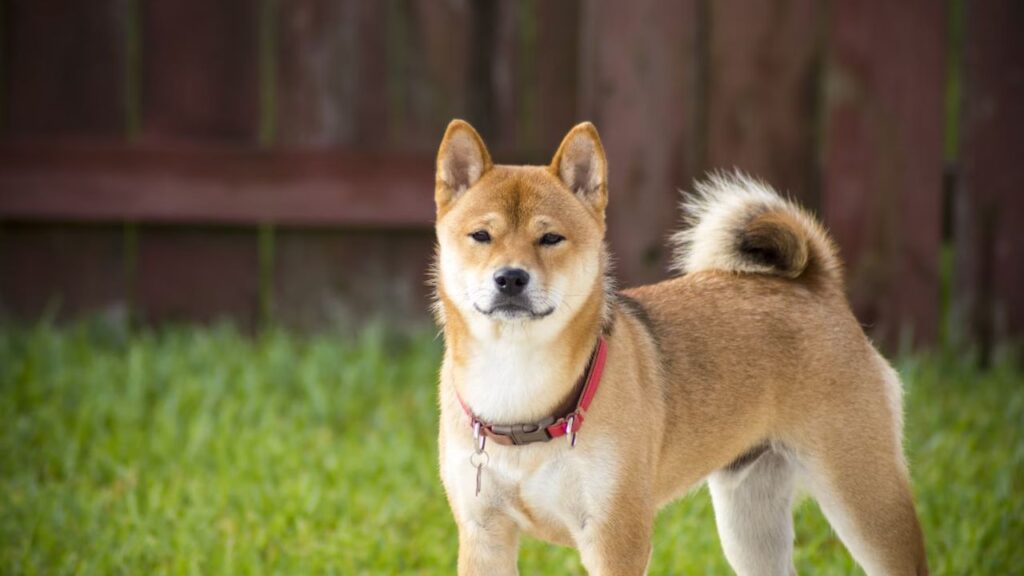
To summarise the characteristics of a new pet owner, it’s a sound that compels you to drop whatever you’re doing and attend to your four-legged friend. However, that’s exactly what you shouldn’t do.
Why do Shiba Inus scream? Common Triggers
Given their lineage, Shiba Inus inherently have a few basal characteristics influencing their behaviour.
Shiba Inus are territorial creatures, often asserting dominance when their space is infringed upon. Similarly, it’s in their genetic makeup to be wary of strangers with their vigilant eyes and perked-up ears.
While you can’t do anything about their instincts, some external factors also cause a Shiba scream. And you can work around those.
1. Fear or Anxiety: Several situations might trigger a fear-induced scream among Shibas. Most commonly, it happens when faced with unknown environments or people.
2. Attention-Seeking: This self-explanatory reason is very RARE among the Shiba Inu breed. But sometimes, when your Shiba feels neglected, they might instinctively think that a sharp scream can grab your attention and affection.
3. Happiness/Excitement: Not all screams are spawned from negative emotions. A joyous reunion or an exciting play session can trigger a spirited scream, amplifying their energy.
4. Annoyance: It’s what every dog does during bathtime, vet visits, nail trimming, etc. All you can do is make the process more comfortable as they slowly grow accustomed to it.
How to stop your Shiba Inu from screaming?
You must stay calm and not react immediately if your Inu is doing the Shiba scream. It’s to ensure they understand that screaming isn’t the correct way to grab your attention. Based on context, it could be a happy scream or a said one, but you have to react after it’s done to send the right message.
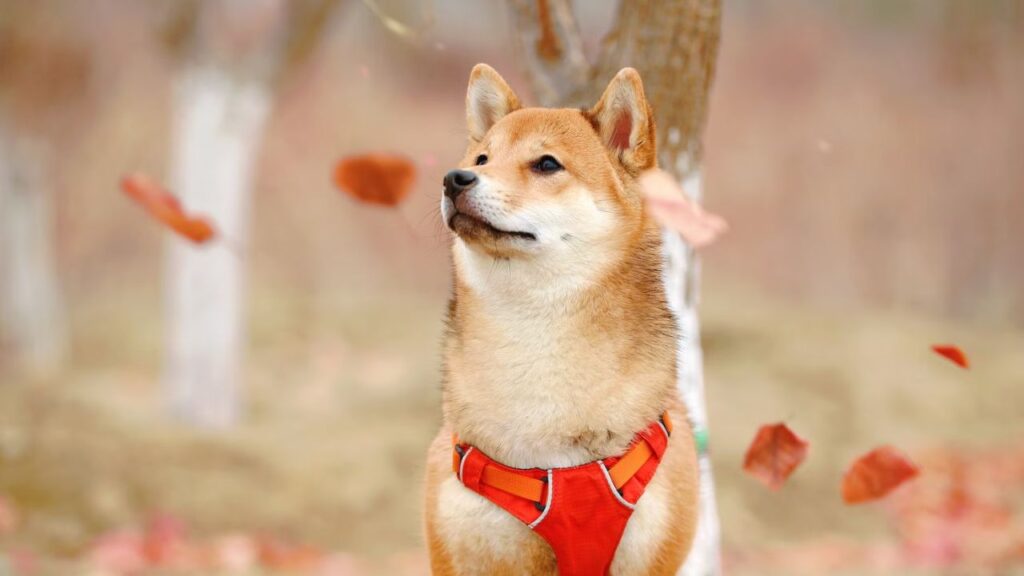
1. Early Socialization
To mitigate screams caused by loneliness, anxiety or even fear, you must focus on creating a secure environment for your Shiba. It’s especially important during the puppy phase.
Offering a consistent and stable routine, creating a safe space, and slowly acclimating your Shiba to new experiences can soften their apprehensions.
Early socialisation is the biggest factor in shaping a well-behaved, well-adjusted Shiba Inu during their formative weeks (between 3 and 14 weeks of age).
The different experiences that they’ll get – positive and negative- and interactions with diverse people will help them in the future.
2. Quality Time With Your Shiba
Establish a regular exercise and interaction routine with your Shiba Inu. It will prevent attention-seeking screams in the future. You can also use this time to discourage their “happy” screams.
Tell them positively that it’s okay to be happy. But startling screams, especially in public, aren’t appreciated.
The Shiba breed NEEDS regular exercise, much more than new dogowners could fathom. Doing so regularly will mitigate the screams caused by restlessness and excess energy.
3. Tackling Screams of Displeasure
Gradually desensitise them to disliked activities by breaking them into smaller, manageable steps, and pair each step with rewards and praises to associate positivity with previously disliked experiences.
For example, their outlook towards bathtime and nail trimming sessions can easily be changed with the help of positive reinforcement and dog treats.
4. Veterinary Insight
When it comes to deciphering and managing behavioural traits, professional input can be invaluable.
Regular vet check-ups are crucial to rule out any medical issues contributing to increased vocalisations. Pain or discomfort might sometimes manifest as behavioural changes; only a vet can rule this out accurately.
Don’t forget that consistency is key. You must ensure that your approach is the same day in and day out for an extended period.
